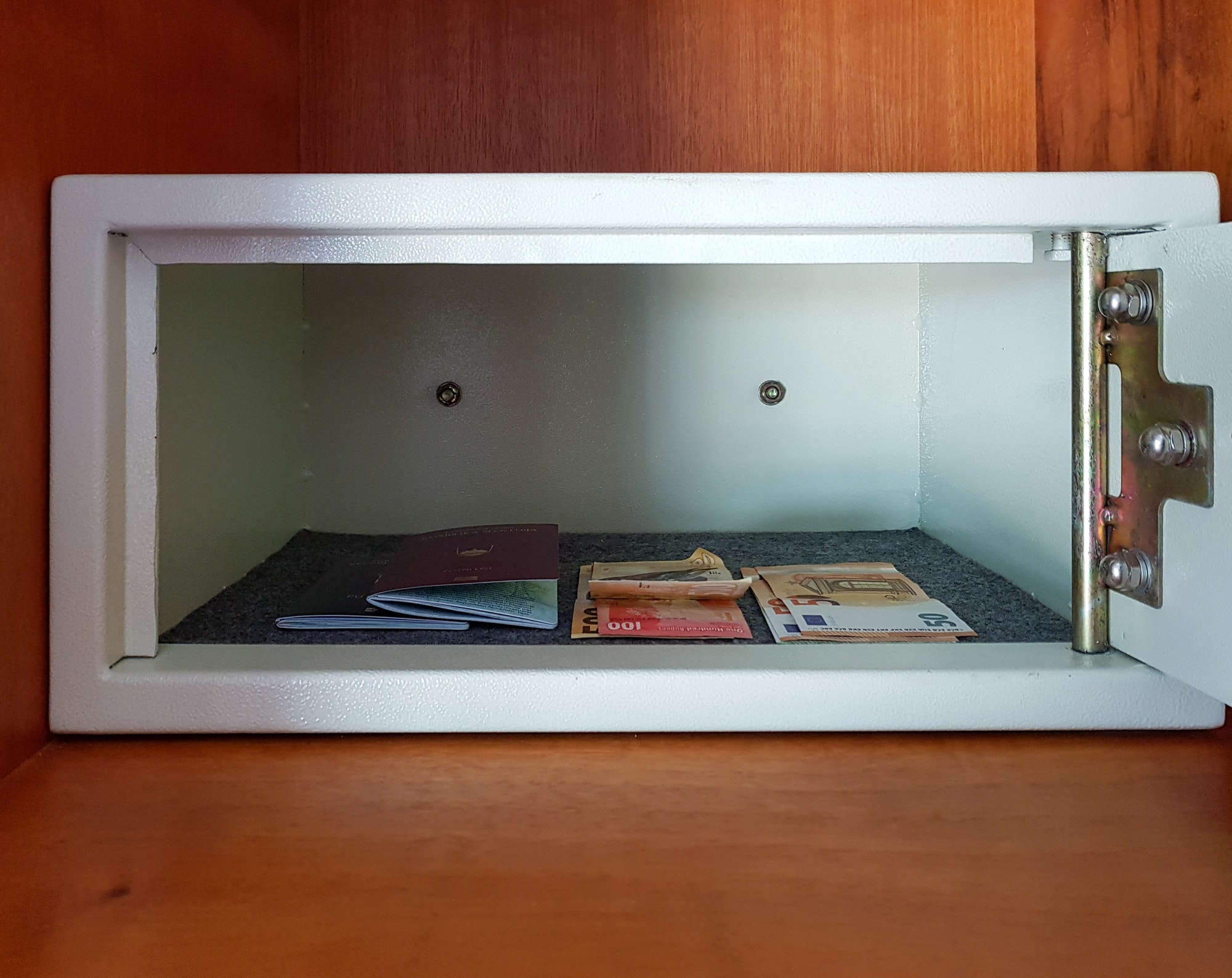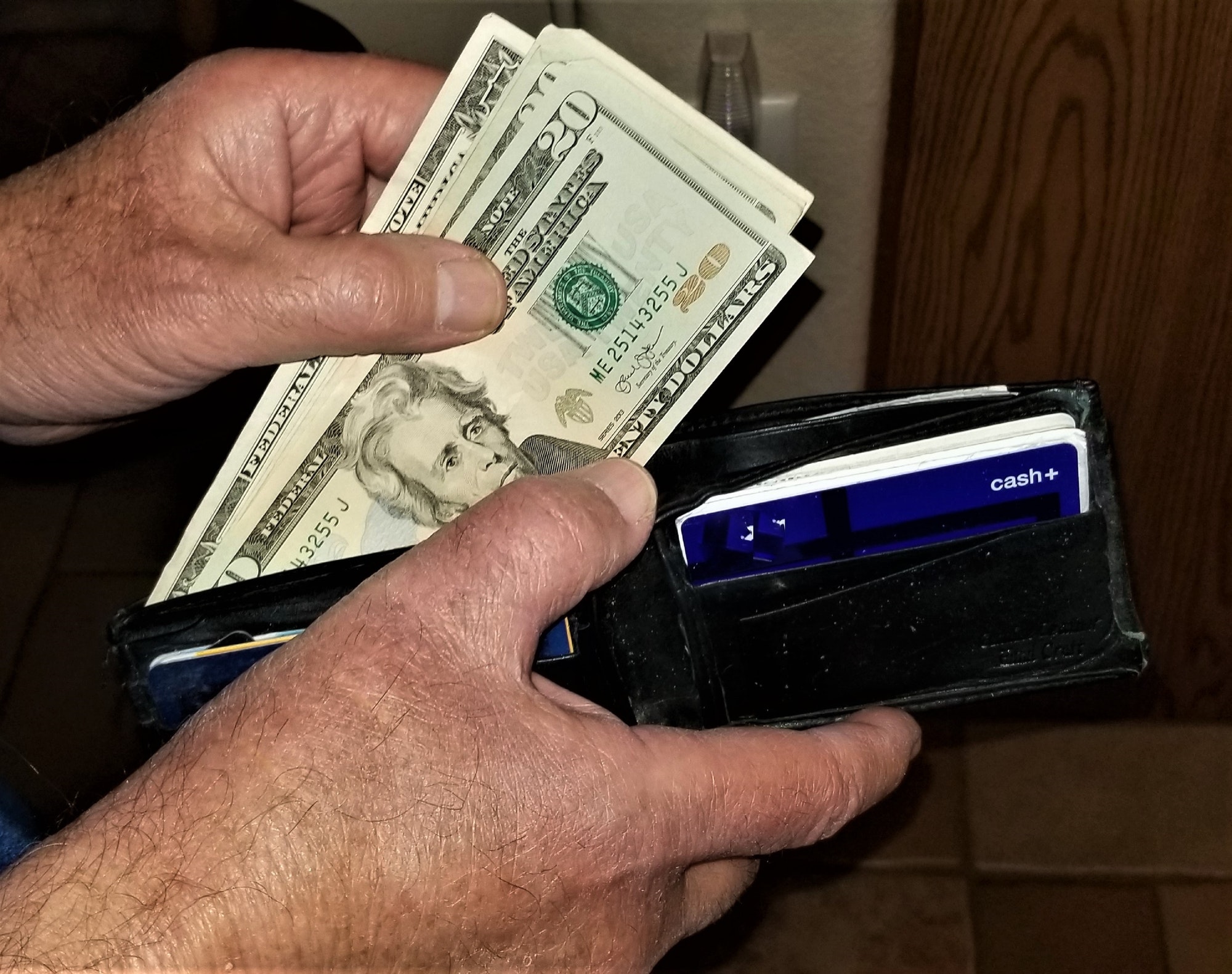Introduction
Connecticut, nestled in the heart of New England, holds a charm that extends beyond its picturesque landscapes and historical significance. Homeownership in this northeastern state often represents a significant investment and a cornerstone of financial stability. For many homeowners in Connecticut, the concept of cash-out refinancing emerges as an appealing option to leverage the accrued equity in their homes. This financial maneuver allows homeowners to access funds by refinancing their mortgage at a higher principal, tapping into the accumulated equity. Unlock your home’s equity cash out refinance in Connecticut. Learn about cash out refinance in CT. Expert guidance on Connecticut cash out refi in simpler way.
What Is Cash-Out Refinance?
At its core, cash-out refinance involves refinancing an existing mortgage for an amount higher than the current loan balance. The difference between the new loan and the original mortgage is received by the homeowner in cash. Essentially, it’s a way to convert a portion of the home’s equity into liquid assets.
- Home Equity: The amount of equity accumulated in the home is a fundamental factor. Lenders typically allow homeowners to cash out a percentage of their home’s appraised value, often up to 80-85%. Higher equity may provide more flexibility in accessing funds through refinancing.
- Equity Utilization: Over time, as homeowners make mortgage payments and potentially see their property’s value increase, they build equity in their homes. Cash-out refinancing enables them to convert a portion of this equity into liquid funds.
- New Loan Amount: When opting for a cash-out refinance, homeowners apply for a new mortgage that is larger than their existing loan. The difference between the new loan amount and the remaining mortgage balance is received by the homeowner in cash at closing.
- Purpose of Funds: The cash obtained from a cash-out refinance can be used for various purposes. Common uses include home renovations or improvements, consolidating high-interest debts, funding education expenses, making investments, covering large expenses, or any other financial need.
Factors Impacting Cash-Out Refinance
- Home Equity: The amount of equity you have in your home determines how much cash you can access. It’s calculated by subtracting the current mortgage balance from the home’s market value.
- Loan-to-Value Ratio (LTV): Lenders typically cap the amount you can borrow based on percentage of value. For example, in cash-out refinancing, lenders might allow up to 80% LTV, limiting the amount you can access.
- Credit Score: A credit score usually leads to better interest rates and terms. Lenders assess your creditworthiness to determine the risk associated with providing the loan.
- Income Stability and Debt-to-Income Ratio: Lenders evaluate your income stability and existing debt obligations. A stable income and a debt-to-income ratio are crucial for loan approval.
- Property Appraisal: The appraisal of your property’s current market value influences the amount of equity available for cash-out. A higher appraisal value can increase the funds accessible through refinancing.
- Interest Rates: Current interest rates impact the cost-effectiveness of refinancing. Lower rates might make cash-out refinancing more attractive, while higher rates might negate potential benefits.
Benefits of Cash-Out Refinance
- Access to Liquid Funds: One of the primary advantages of cash-out refinancing is the ability to access a significant amount of cash. By tapping into the accrued equity in their homes, homeowners can use these funds for various purposes, such as home improvements, debt consolidation, investments, or other significant expenses.
- Debt Consolidation: Consolidating high-interest debts like credit cards, personal loans, or other liabilities into a single, lower-interest mortgage can be a smart financial move. Cash-out refinance allows homeowners to pay off these debts, potentially reducing overall interest payments and streamlining monthly finances.
- Lower Interest Rates: Securing interest rate through cash-out refinancing compared to existing debts or alternative borrowing options can save homeowners money in the long run. It can also reduce monthly payments, providing more financial breathing room.
- Home Improvement and Appreciation: Investing in home renovations or upgrades using cash-out funds can increase the property’s value. Improving the property not only enhances the homeowners’ living experience but can also potentially raise the home’s market value for future sale.
- Tax Benefits: Unlike consumer debts, mortgage interest is often tax-deductible. By consolidating high-interest debts into a mortgage via cash-out refinance, homeowners might benefit from potential tax deductions, subject to specific tax laws and individual circumstances.
Connecticut’s Cash-Out Refinance Parameters:
- Loan-to-Value Ratio (LTV): Connecticut typically caps the loan-to-value (LTV) ratio for cash-out refinance transactions at around 80%. This means homeowners can generally access up to 80% of their home’s appraised value through a cash-out refinance.
- Credit and Income Requirements: Lenders in Connecticut assess borrowers’ creditworthiness based on credit scores, income stability, employment history, and debt-to-income ratios. Meeting specific credit and income criteria is essential for securing favorable terms for a cash-out refinance.
- Appraisal Process: A crucial step in the cash-out refinance process is the property appraisal. Lenders require to determine the market value of the home. The appraised value heavily influences the amount of equity available for cash-out.
- Legal Requirements: Connecticut, like other states, has legal and regulatory requirements governing refinancing transactions. It’s essential for homeowners to comply with state laws and regulations during the refinancing process.
Steps By Step Guide
- Assess Financial Situation: Evaluate your financial goals and determine the reasons for accessing the equity in your home. Understand how the funds will be utilized.
- Research Lenders and Offers: Explore various lenders offering cash-out refinancing. Compare interest rates, fees, and terms to find the most suitable deal for your financial needs.
- Check Eligibility: Verify if you meet the lender’s criteria. Factors include credit score, income stability, employment history, debt-to-income ratio, and property value.
- Application and Documentation: Complete the application process and gather necessary documentation such as income statements, tax returns, and property details required by the lender.
- Property Appraisal: The lender conducts a professional appraisal of your property to determine its value, influencing the amount of equity available for cash-out.
- Underwriting Process: The lender’s underwriting team reviews your financial information to assess the risk associated with providing the loan, considering credit history and financial stability.
- Loan Approval: Upon successful underwriting, the lender approves the cash-out refinance loan and provides a Loan Estimate detailing loan terms and closing costs.
Process of Cash-Out Refinance in Connecticut
- Evaluate Your Financial Situation and Equity: Assess your current mortgage terms, outstanding balance, and the amount of equity you’ve built in your home. Determine your financial goals and how much cash you need from the refinance.
- Check Your Credit Score and Financial Health: Review your credit report and ensure your financial health is in good standing. A strong credit score improves the chances of qualifying for better loan terms.
- Research Lenders and Loan Offers: Explore various lenders and their cash-out refinance offers. Compare interest rates, terms, fees, and closing costs to find a suitable option that aligns with your needs.
- Apply for the Cash-Out Refinance Loan: Once you have chosen a lender, submit application for the cash-out refinance. Be prepared to provide financial documents such as income verification, bank statements, and tax returns.
- Property Appraisal: The lender will require a professional appraisal of your property to determine its current market value. The appraisal helps determine the maximum amount you can borrow based on your home’s worth.
- Underwriting and Approval Process: The lender will review your application, credit history, and property appraisal. If everything meets their criteria, they will approve the loan and provide the terms of the cash-out refinance.
- Closing Disclosure and Signing: Before the closing, you’ll receive a Closing Disclosure outlining the final terms and costs of the loan. Review this document carefully. If satisfied, schedule a closing appointment.
Considerations Before Opting for Cash-Out Refinance
- Current Interest Rates: Evaluate the prevailing interest rates in the market. Compare them with your existing mortgage rate to determine if the new loan’s rate is significantly lower. Ensure that the refinanced rate justifies the costs and potential benefits of the cash-out refinance.
- Closing Costs and Fees: Understand the associated closing costs and fees involved in refinancing. These costs can include application fees, appraisal fees, origination fees, title insurance, and other expenses. Calculate these costs to assess if the savings from the new loan outweigh the fees incurred.
- Extended Loan Term: Keep in mind that by refinancing and taking out a larger loan, you might extend the repayment period. While this may lower your monthly payments, it also means paying more interest over the extended loan term. Consider whether the long-term benefits justify the increase in overall repayment duration.
- Equity Utilization: Assess how you plan to use the cash received from the refinancing. Ensure that the purpose aligns with your financial goals. Whether it’s for home improvements, debt consolidation, education expenses, or other needs, evaluate if the utilization of funds justifies the risk of leveraging your home equity.
- Future Financial Goals: Consider your future financial objectives and how cash-out refinancing fits into your long-term plans. If you intend to sell your home in the near future, carefully assess whether refinancing aligns with your timeline and goals for selling the property.
- Credit Implications: Understand the impact of a new loan on your credit score. Opening a new loan account and closing the existing one can affect your credit profile. Ensure the benefits of refinancing outweigh any potential short-term impact on your credit score.
Conclusion
Cash-out refinance in Connecticut serves as a valuable financial tool for homeowners seeking to leverage the equity in their properties. Whether for home improvements, debt consolidation, or other financial needs, this option provides access to funds at potentially favorable terms. However, it’s essential to approach this strategy with careful consideration of the associated risks and costs. Consulting with financial advisors or mortgage professionals can guide homeowners in making informed decisions about leveraging their home equity through cash-out refinancing in the Nutmeg State.
FAQs
1. What is cash-out refinancing?
- Cash-out refinancing involves replacing a mortgage with a new one that has higher loan amount, allowing homeowners to receive the difference in cash based on their home’s equity.
2. How much equity can I access through cash-out refinance in Connecticut?
- In Connecticut, lenders typically cap the cash-out amount at around 80% of the home’s appraised value, considering the loan-to-value ratio.
3. What are the common uses for cash obtained through refinancing?
- Homeowners often use cash-out funds for home improvements, debt consolidation, investments, education expenses, or other significant expenses.
4. Are there risks associated with cash-out refinancing?
- Yes, potential risks include increased debt, extended repayment period, higher monthly payments, and the risk of foreclosure if unable to meet the new financial obligations.
5. How does cash-out refinancing differ from a home equity loan or line of credit?
- While a home equity loan and line of credit are additional loans, cash-out refinancing replaces the existing mortgage with a new, higher-balance loan, potentially offering lower interest rates but involving closing costs.
Visit RateChecker to get free mortgage quotes!
Generated with WriterX.ai — best AI tools for content creation


